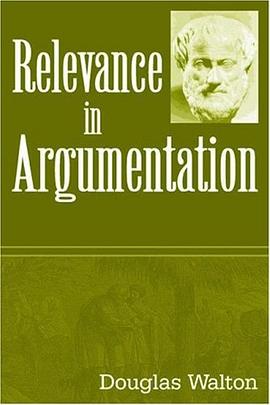

Alan Millar examines our understanding of why people think and act as they do. His key theme is that normative considerations form an indispensable part of the explanatory framework in terms of which we seek to understand each other. Millar defends a conception according to which normativity is linked to reasons. On this basis he examines the structure of certain normative commitments incurred by having propositional attitudes. Controversially, he argues that ascriptions of beliefs and intentions in and of themselves attribute normative commitments and that this has implications for the psychology of believing and intending. Indeed, all propositional attitudes of the sort we ascribe to people have a normative dimension, since possessing the concepts that the attitudes implicate is of its very nature commitment-incurring. The ramifications of these views for our understanding of people is explored. Millar offers illuminating discussions of reasons for belief and reasons for action; the explanation of beliefs and actions in terms of the subject's reasons; the idea that simulation has a key role in understanding people; and the limits of explanation in terms of propositional attitudes. He compares and contrasts the commitments incurred by propositional attitudes with those incurred by participating in practices, arguing that the former should not be assimilated to the latter. "Understanding People" will be of great interest to most philosophers of mind, as well as to those working on practical and theoretical reasoning.
具体描述
读后感
评分
评分
评分
评分
用户评价
相关图书
本站所有内容均为互联网搜索引擎提供的公开搜索信息,本站不存储任何数据与内容,任何内容与数据均与本站无关,如有需要请联系相关搜索引擎包括但不限于百度,google,bing,sogou 等
© 2025 book.wenda123.org All Rights Reserved. 图书目录大全 版权所有




















